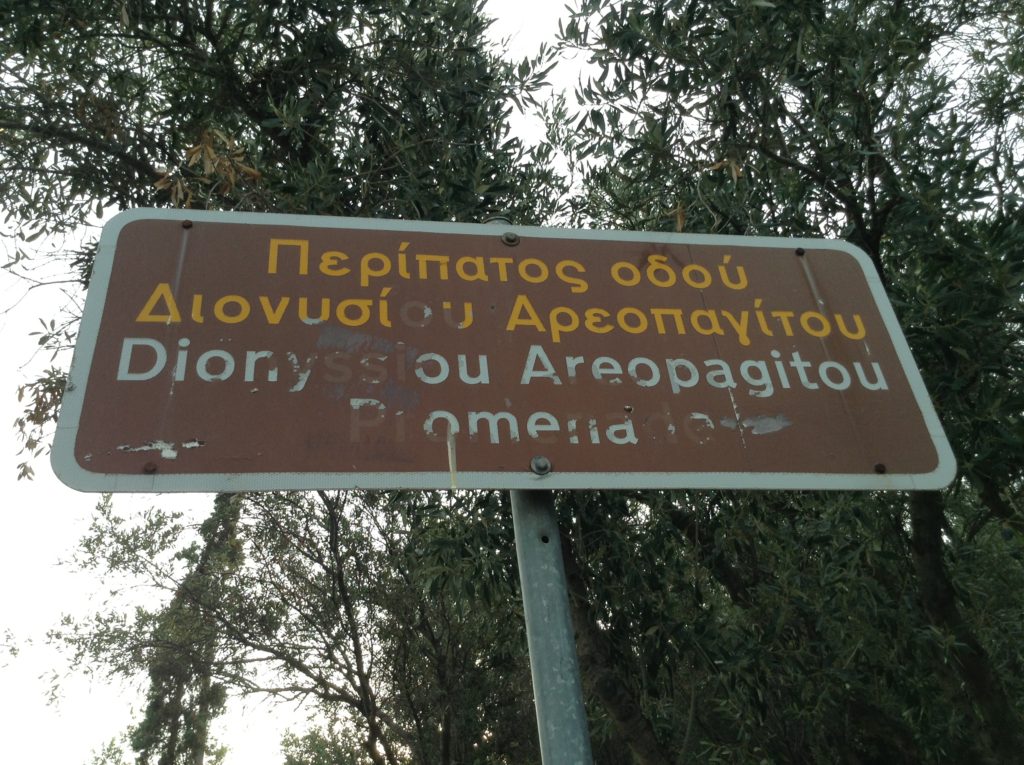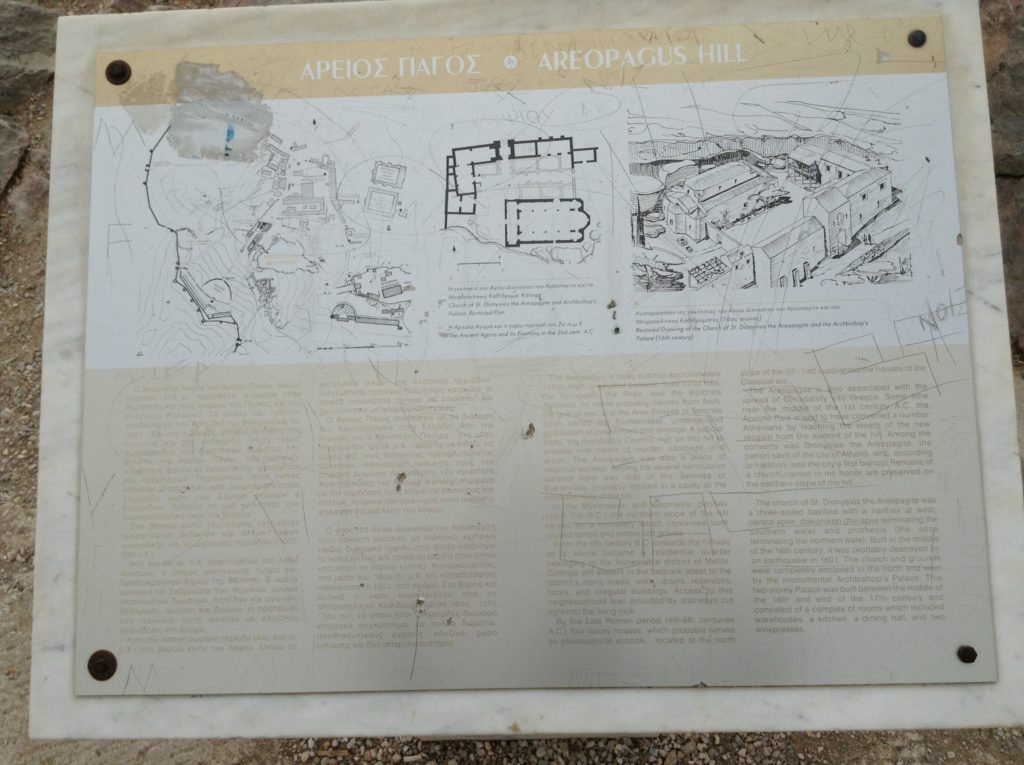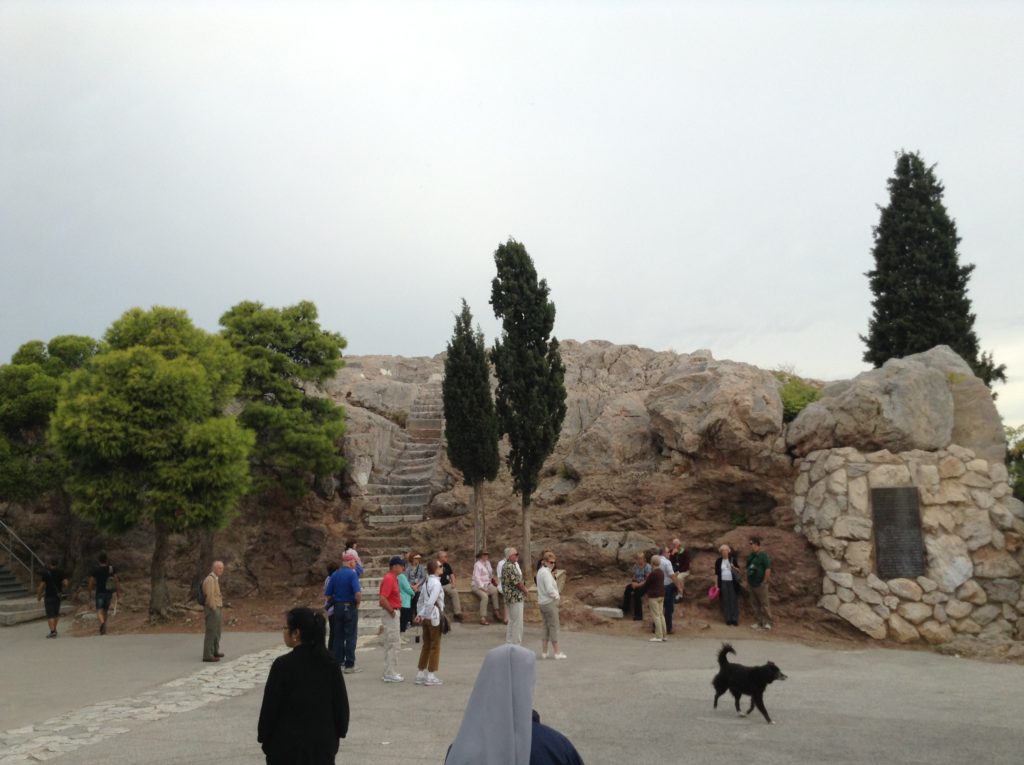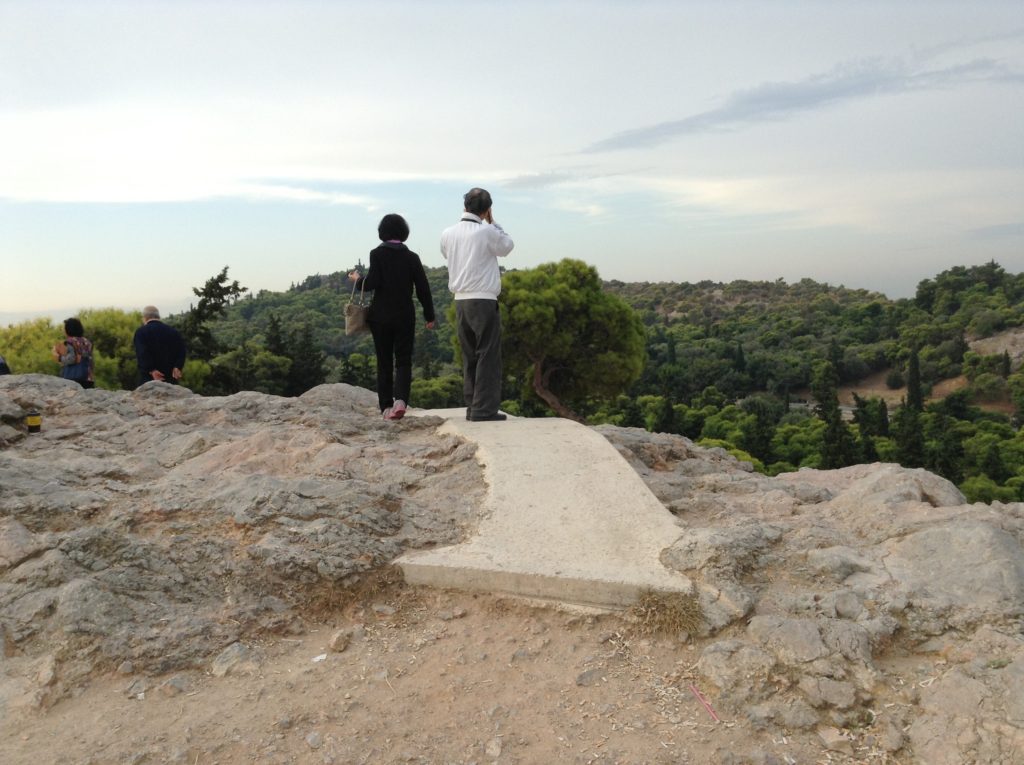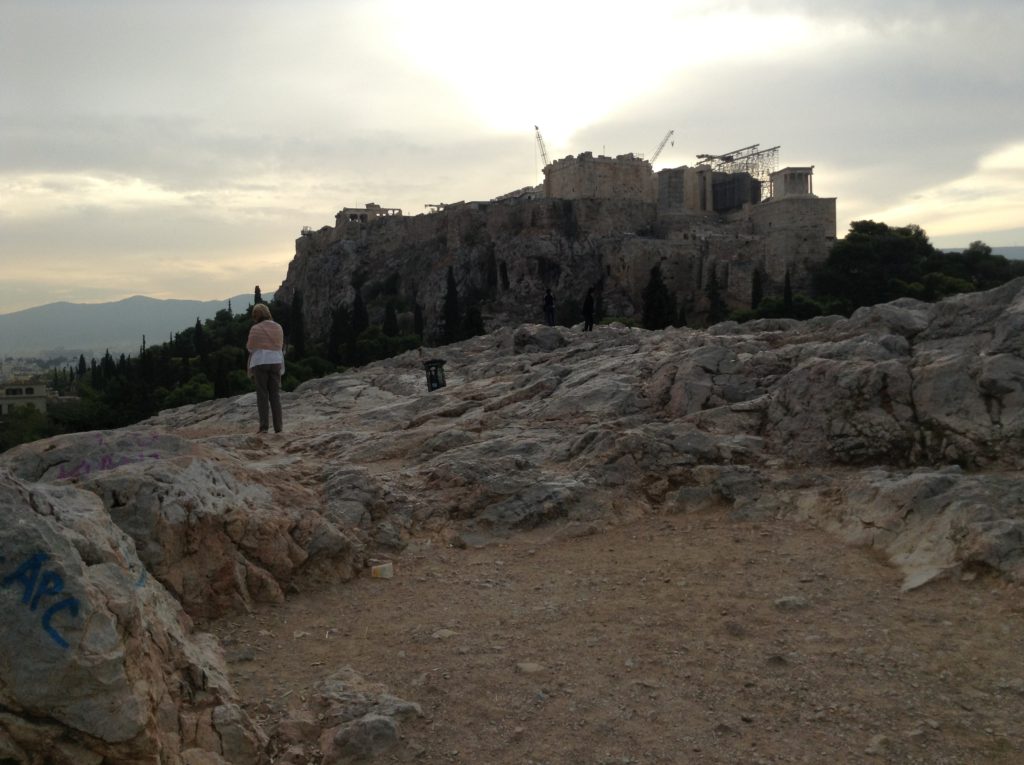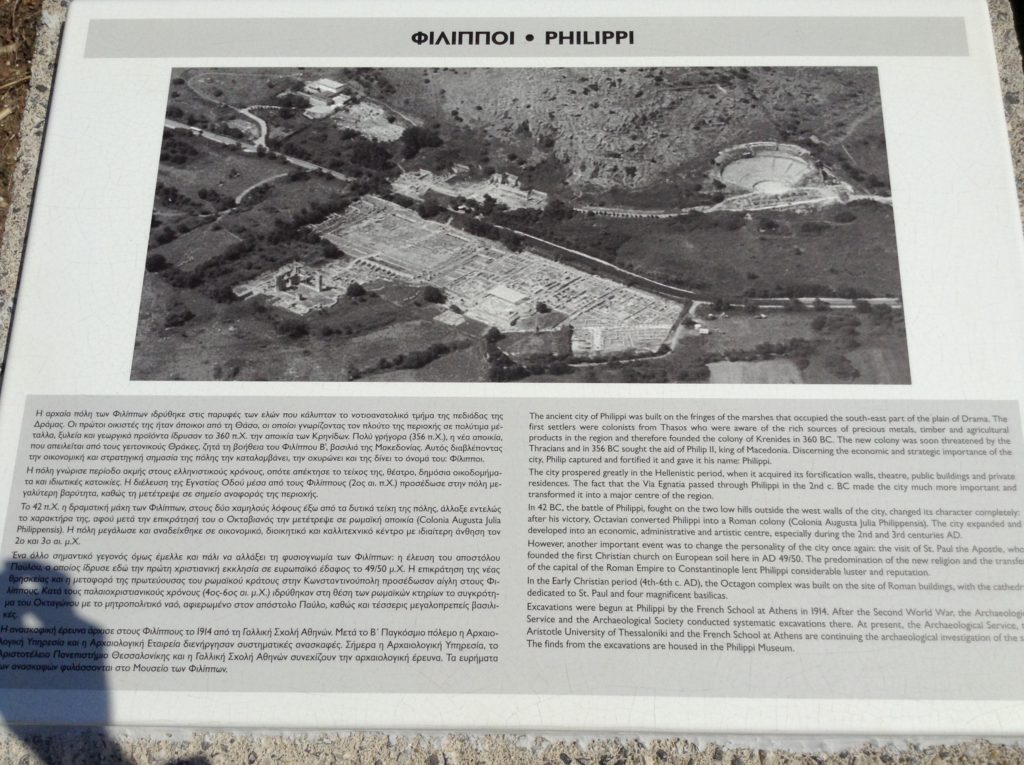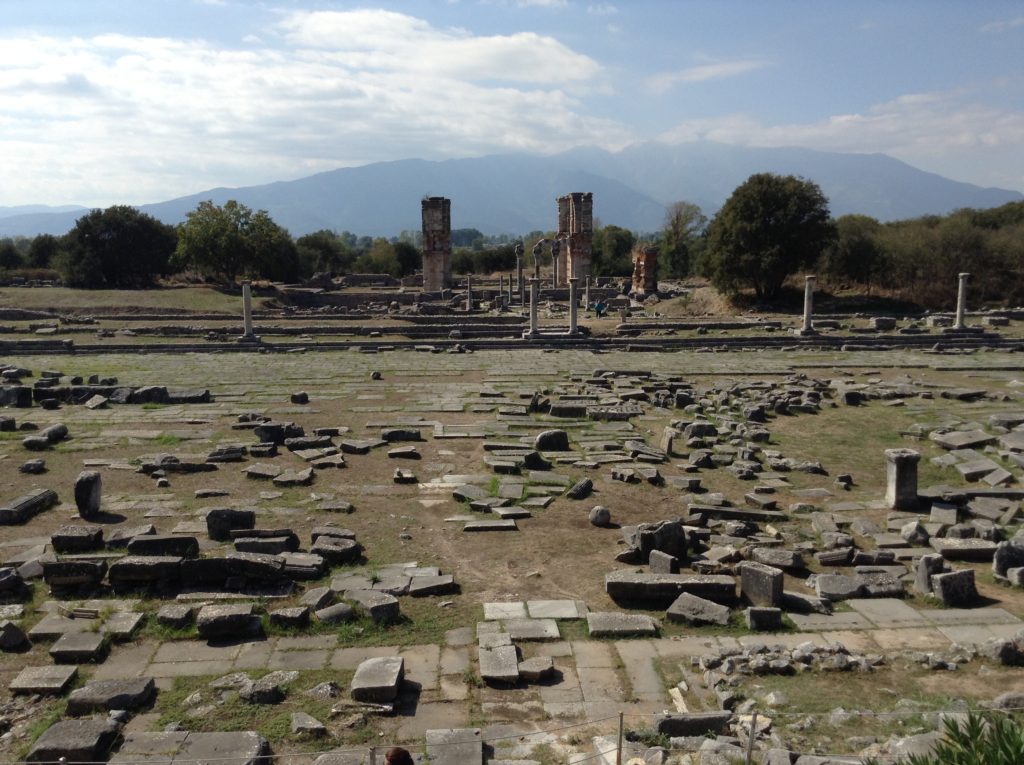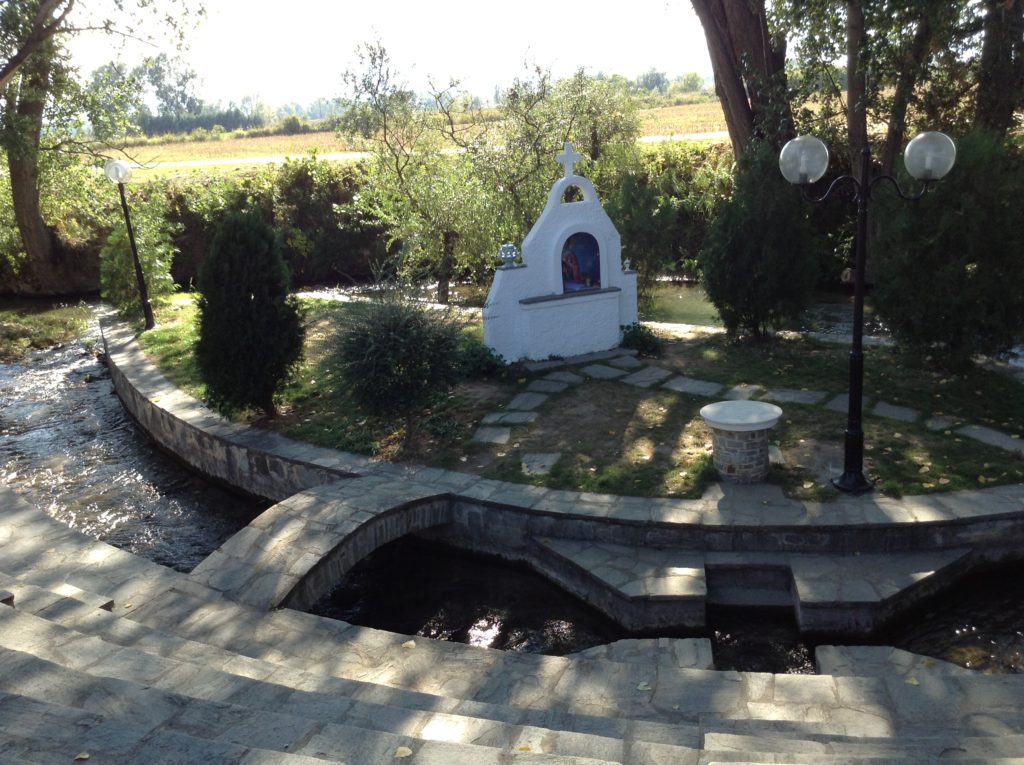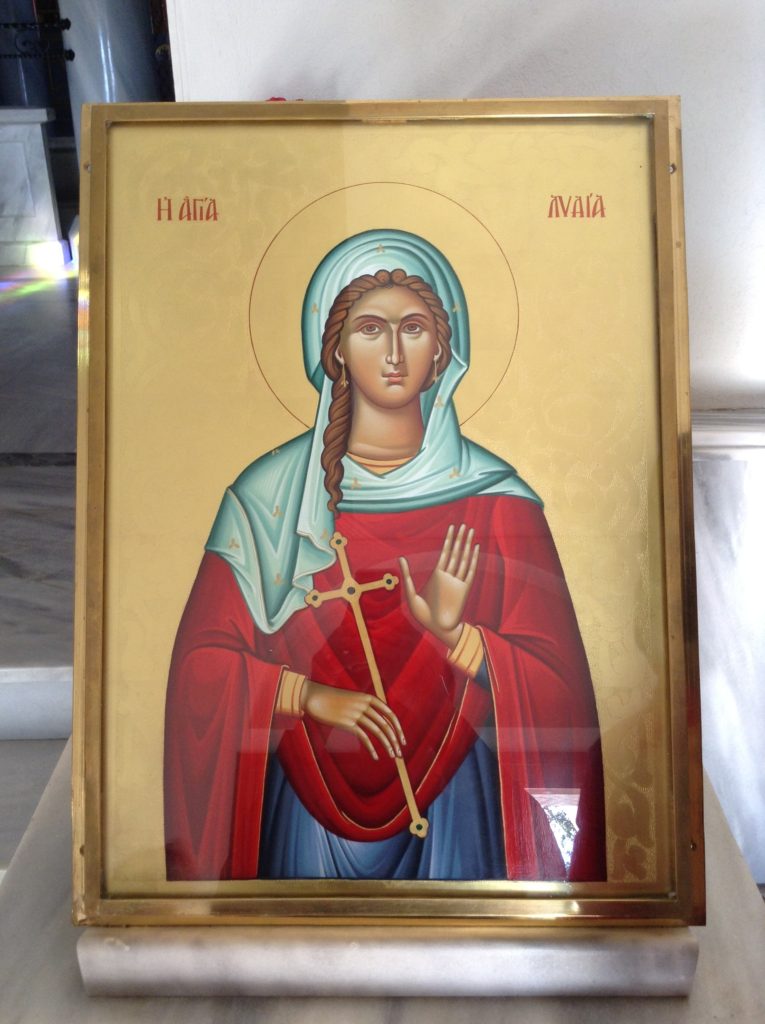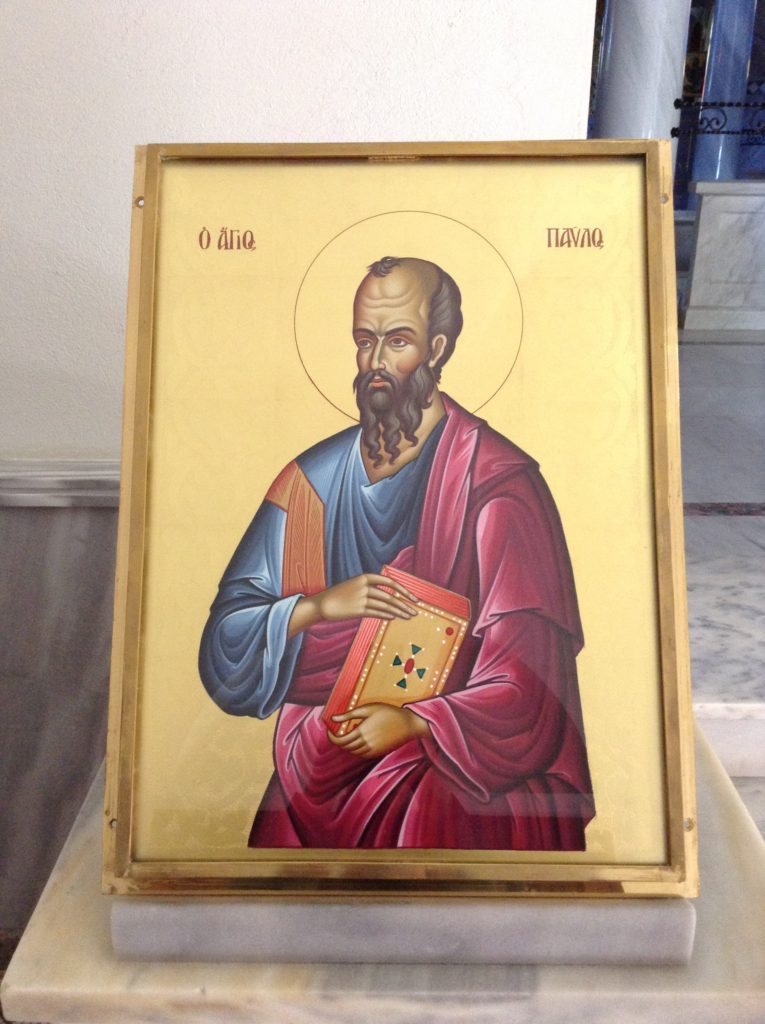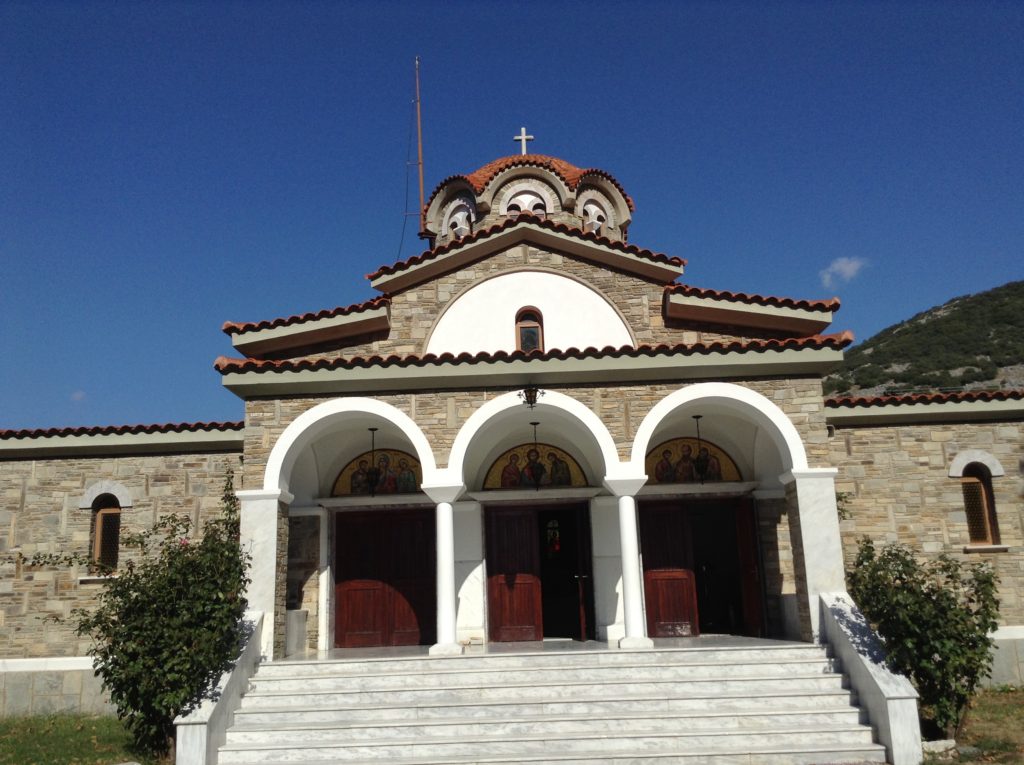Wednesday of the 6th Week of Easter
Acts 17:15, 22-18:1 | Psalm 148:1-2,11-14 | John 16:12-15
There’s a large chunk omitted from today’s reading (sometimes called the Areopagus sermon), and when I looked it up, I wondered why it had been left out:
Paul waited for them in Athens and there his whole soul was revolted at the sight of a city given over to idolatry.
In the synagogue he held debates with the Jews and the God-fearing, but in the market place he had debates every day with anyone who would face him.
Even a few Epicurean and Stoic philosophers argued with him. Some said, ‘Does this parrot know what he’s talking about?’ And, because he was preaching about Jesus and the resurrection, others said, ‘He sounds like a propagandist for some outlandish gods’.
They invited him to accompany them to the Council of the Areopagus, where they said to him, ‘How much of this new teaching you were speaking about are we allowed to know?
Some of the things you said seemed startling to us and we would like to find out what they mean.’
The one amusement the Athenians and the foreigners living there seem to have, apart from discussing the latest ideas, is listening to lectures about them. (Acts 17:16-21)
Notice how this missing passage changes the context of the words around it. Rather than preaching to a friendly audience, St. Paul is actually in “enemy territory” here, engaging in a clash of intellect with, among others, the followers of Epicureanism (the “gods-can’t-be-bothered” camp) and Stoicism (the “one-with-nature” group).
Indeed, some biblical scholars have suggested that the invitation to speak to the Athens city council was less “we’re curious, tell us more” and more “give us a good reason not to run you out of town for preaching about foreign gods”. As it turned out, the council was divided after St. Paul’s sermon, with some heaping scornful laughter on him, and others intellectually intrigued but not spiritually moved. Small wonder, then, that St. Paul chose to give up and move on, though among the small number of converts he amassed was Dionysius the Areopagite, later bishop and now patron saint of the ancient intellectual hotbed called Athens.
✞ ✞ ✞ ✞ ✞
Today, the reigning philosophy would have to be SCIENCE of the “precludes God” variety. I personally have no trouble reconciling God and scientific principles, but I’ve encountered too many people who think “I have free will, therefore I submit to no god (who doesn’t exist anyway),” while simultaneously placing great store in the fortunate impact of an inverted 福 (Chinese for “welcome to fortune!”), or touching wood, or not speaking “unlucky” words during Chinese New Year. The irony of intellectual vanity is delicious dessert, but I really shouldn’t indulge.
Lord, open our eyes to the possibilities that knowing You can bring to our daily lives, in the joys of caring and sharing with others. Amen.
P.S. I visited the Areopagus back in 2013. There really isn’t much left of it.
